•
That wasn't the surprise. I am on the list of volunteer transporters. McCoy is so busy with feedings every two hours, she doesn't have the time for the one and a half hour round trip from her home in Jefferson County to retrieve the foundlings.
The surprise was that in addition to the robins and bunnies that needed to be delivered to her there were eight baby possums. This is July, a little late for the annual spring litters produced by America's only marsupial and one of my personal favorite mammals. I dedicated an entire chapter in my first UT Press book Natural Histories to the non-placental mammals because they are so unusual.
McCoy already had over 25 orphaned opossum pups she was caring for and believes that climate change, with its addition of more days of warm weather, has created a longer breeding season. Female possums are apparently producing a second spring brood. On one transport trip the second week of May, I discovered she was caring for over 60 orphaned possum pups!
"Why so many?" I asked.
"Well, a single female can have up to 13 young ones in a litter. If she is killed, that's a lot of orphans," McCoy replied. So it would only take five mom possums to be hit by cars in the Knox County region to produce those kinds of numbers.
And with the addition of a longer breeding season, is the increased number really a surprise?
The surprise was that in addition to the robins and bunnies that needed to be delivered to her there were eight baby possums. This is July, a little late for the annual spring litters produced by America's only marsupial and one of my personal favorite mammals. I dedicated an entire chapter in my first UT Press book Natural Histories to the non-placental mammals because they are so unusual.
McCoy already had over 25 orphaned opossum pups she was caring for and believes that climate change, with its addition of more days of warm weather, has created a longer breeding season. Female possums are apparently producing a second spring brood. On one transport trip the second week of May, I discovered she was caring for over 60 orphaned possum pups!
"Why so many?" I asked.
"Well, a single female can have up to 13 young ones in a litter. If she is killed, that's a lot of orphans," McCoy replied. So it would only take five mom possums to be hit by cars in the Knox County region to produce those kinds of numbers.
And with the addition of a longer breeding season, is the increased number really a surprise?
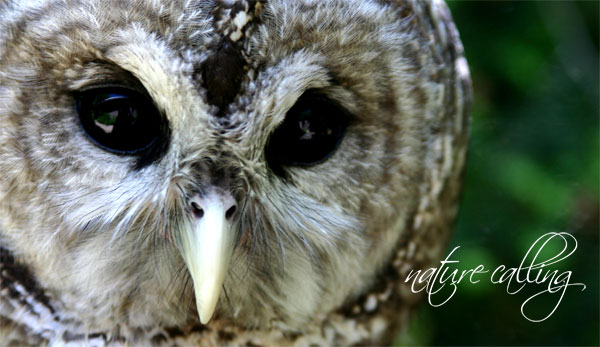



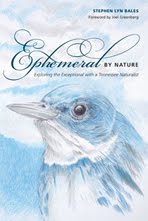


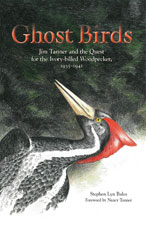


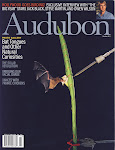
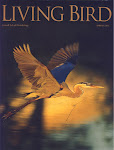

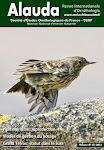





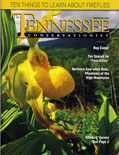
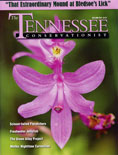






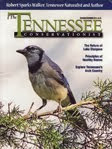
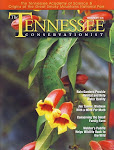
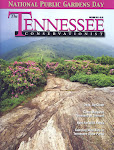





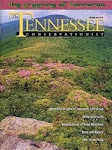
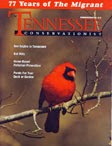




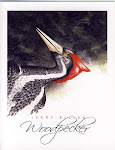









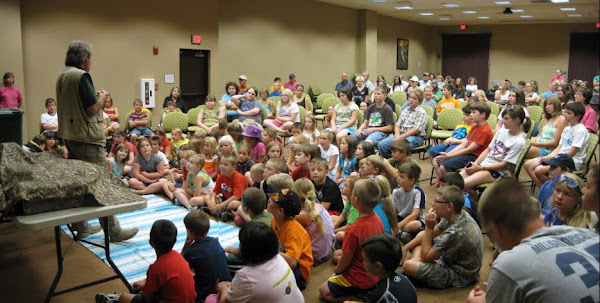


















No comments:
Post a Comment